- the author presents his impression from the Vulkanied conference
- presents an overview of the topics covered, what discussions revealed during panel discussions, and what are common issues
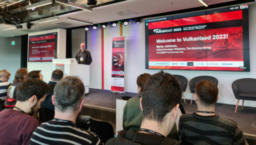
- the playlist of video recordings of the talks presented at the Vulkanised 2023 in Munich
- covers a large number of topics such as Mesh Shader best practices, source-level shader debugging, performance optimizations
- ranges from mobile and desktop to virtual reality

- the article presents a breakdown of how Teardown is being rendered
- shows all stages of the pipeline required for the final frame
- shows how the G-Buffer is drawn, how details are applied to the voxel
- additionally presents how the weather effects, lighting, as well as denoising are implemented
- additionally covers many more steps of the frame pipeline
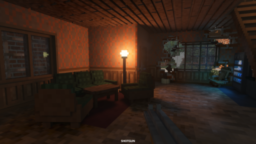
- the article provides an overview of different techniques to adjust object colors from objects
- shows how to implement the presented techniques using Unity visual shader language as well as in HLSL
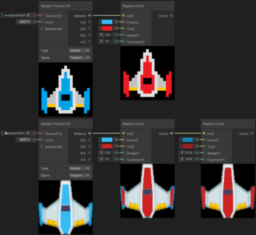
- the video tutorial explains how to implement ray-sphere intersection testing
- discusses the mathematic derivation of the technique
- shows how to implement the intersection testing using GLSL in shadertoy
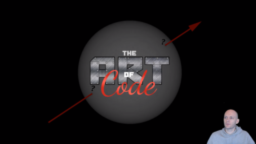
- the paper presents a technique to approximate hair lighted by an environment map, direct lighting, or a global illumination
- build around the modeling of obstruction around each hair using spherical harmonics instead of requiring deep opacity maps
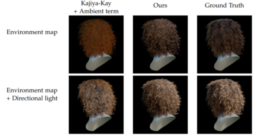
- the blog post continues the series on float compression techniques
- investigates how SIMD instruction sets can be used to optimize
- presents how it affects the results

- the video discusses the difference between Parallax Occlusion and normal mapping
- presents how to optimize the implementation to adjust the steps only for cases where precision is required
- implementation is shown in both Unity and Unreal
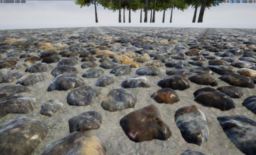
Thanks to Aras Pranckevicius for support of this series.
Would you like to see your name here too? Become a Patreon of this series.